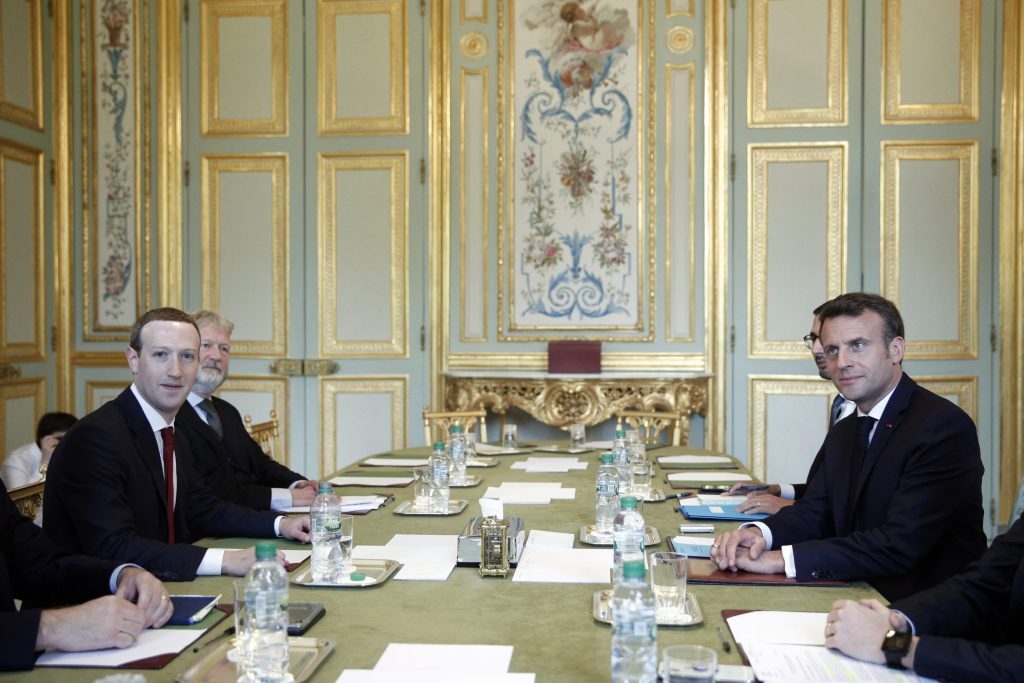Welcome to the ‘metaverse’. The place where offline and online collide. A place where the internet and real-world overlap, where users co-exist in both spaces in all waking hours.
Or something.
Depending on how old you are, the above prospect sounds like a natural extension of your existence, a nightmare, or a sci-fi concept from the early 1990s – first coined by Neal Stephenson in his awesome novel Snow Crash. It may be all three.
The metaverse initiative
In the last week, Facebook’s CEO Mark Zuckerberg unveiled the social media giant’s next initiative, calling it the ‘metaverse’. As he puts it, users would be accessing “an embodied internet, where instead of just viewing content, you are in it.”
Zuck was quick to point out that bringing this idea to reality, would involve a lot of other companies and developers working in tandem. If the metaverse is to ever become part of our lives, we’d have to bank on a lot of Big Tech sharing Zuckerberg’s vision.
There is probably no other beat a journalist can cover that is more guaranteed to make them feel old than that of technology and games. The late, great John Perry Barlow (he of The Grateful Dead, in case you’ve never heard of him) hit the nail on the head when he opined what it was like for ageing folk in a landscape where technology has a rapacious ability to develop faster than the COVID-19 pandemic.
If not exactly ‘terror’, there’s certainly a sense of concern many might feel – if they have their eye on the eight ball – when they hear Mark Zuckerberg announce his company’s ‘metaverse’ initiative. Anyone who has spent just the last six months monitoring Facebook’s news cycle has (and if they don’t, they probably should have) questions about their online and offline rights, should Mark’s vision become a reality.
If you’re on Facebook, you surrendered any notion of privacy years ago. This may or may not bother you. If it does, leave Facebook – and a bunch of other apps while you’re at it.
Facebook is one of the globe’s most powerful entities because it has access to a lot of user data. Data, which is more valuable than oil. To give the social network its due, a lot of us opted into that exchange.
Bumps in the metaverse road
At the time of this writing, however, Facebook’s access to user data depends on visiting a website or using an app that it owns – whether that’s through a desktop or a smart device is up to everyone’s preferences.
The proposed ‘metaverse’ seems to eliminate a crucial barrier. It does away with traditional checks and balances as several generations of internet users understand them. If you opt-in, you’re plugged in, as it were. And no one has explained what it may mean for participants.
As The Verge has so handily pointed out, the only aspect of Mark’s ‘metaverse’ announcement that is more audacious than his proposed vision is its timing. Facebook’s CEO is positing a future his company has been working to create at a time in which government bodies are considering breaking his company up.
Whether or not one is on board with this action, it’s worth pointing out that it’s probably come about due at least in part because of the cavalier way in which Facebook has conducted itself over the last several years. As has been mentioned, one need only look at social media giant’s news cycle over the last six months to gain a rather hair-raising perspective.
The fact that governmental authorities in the US are starting to ask rather pertinent questions about Facebook, the various platforms it owns and the influence it wields seem at best, about time, and at worst, long overdue.
So how will these authorities view the metaverse? They’re already struggling with Facebook as it stands. As this publication has pointed out, the last thing anyone wants is rigid government oversight on social media – or indeed, any communication platform. But what has become apparent over the last few years, is that Facebook’s motto – ‘move fast and break things’ – is starting to rub up against legislative bodies across the globe.
Mark Zuckerberg’s vision of the metaverse could easily indicate an online future, but it could be a potential minefield at the same time.
